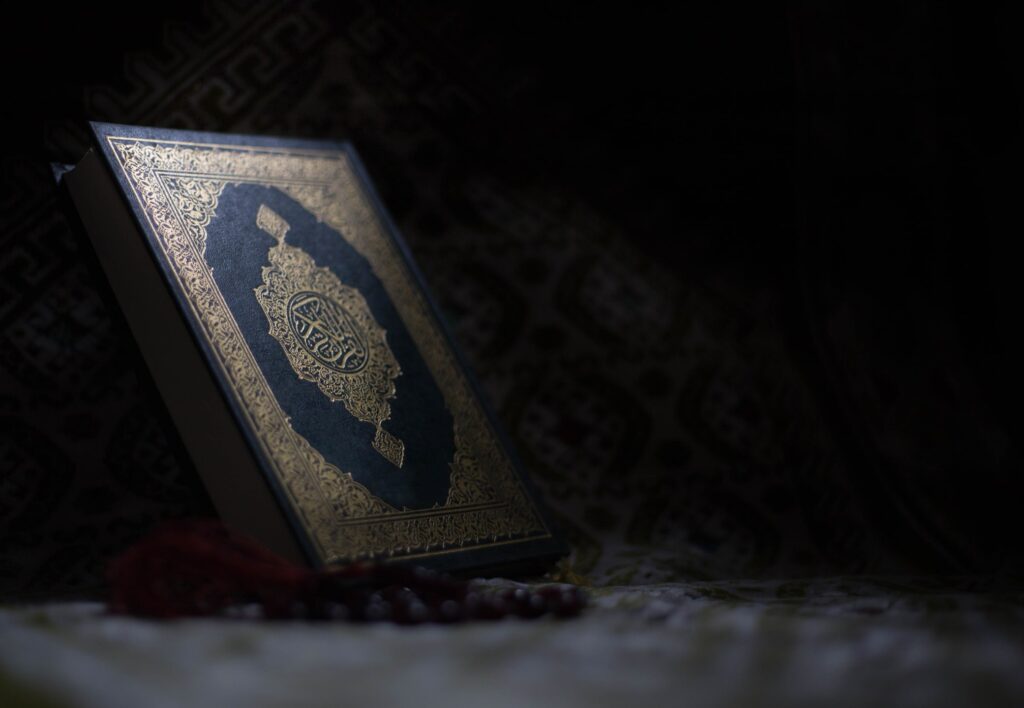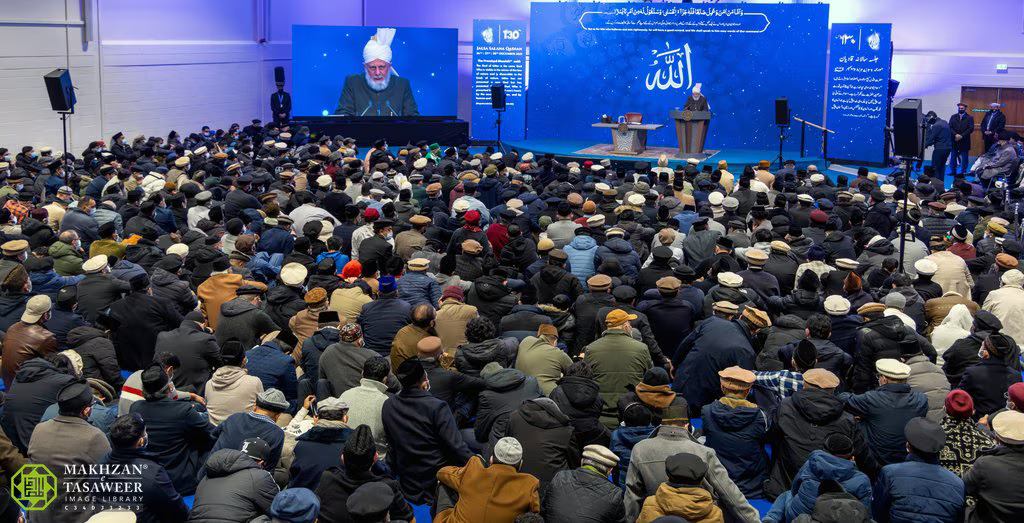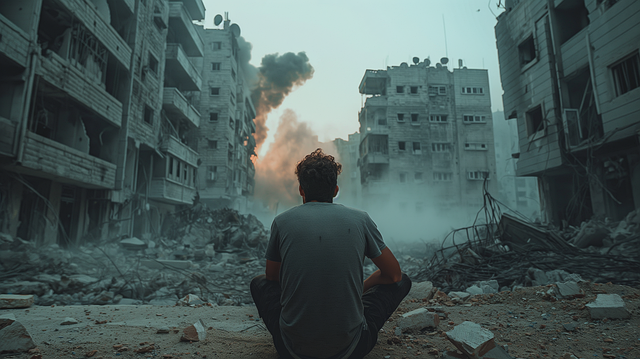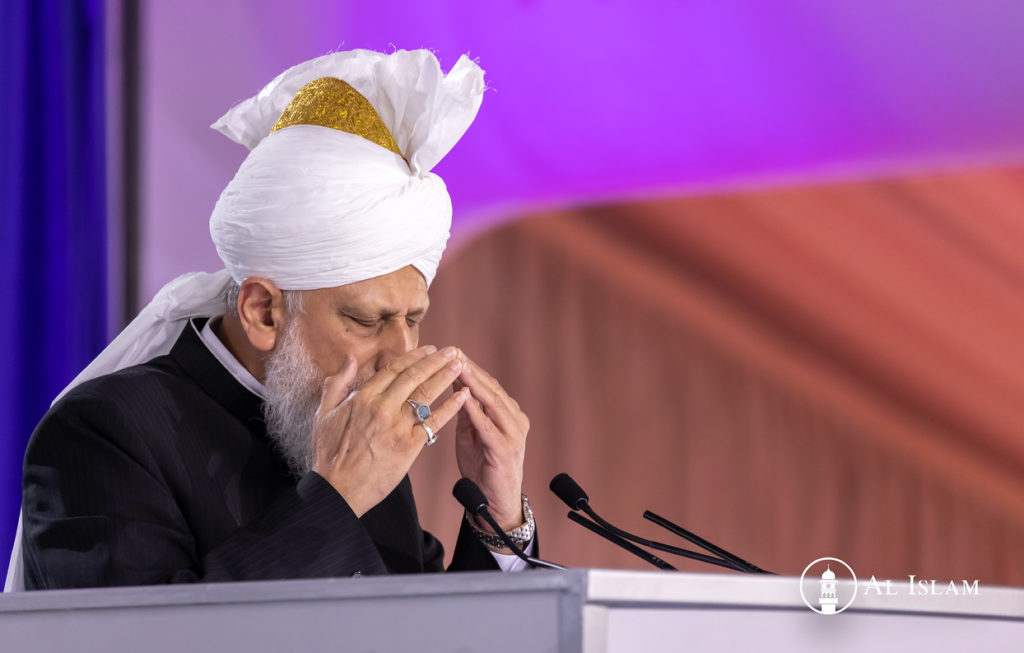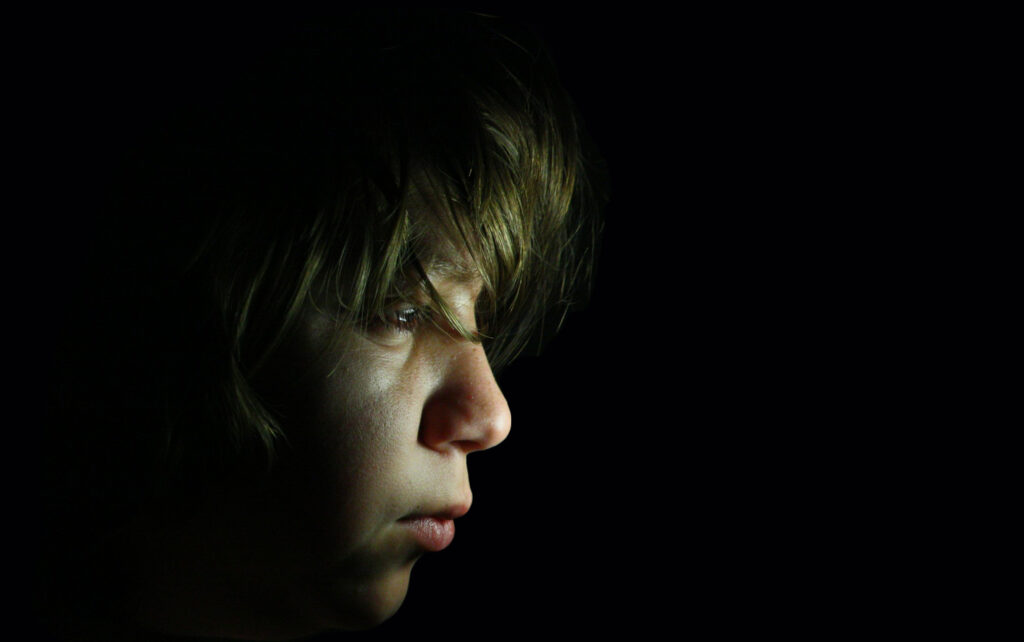ARTICLES
Ramadan is not merely a ritual of abstinence, but a sacred season of transformation. In its atmosphere of worship, restraint, and renewal lies a unique opportunity to reform the self, break old habits, and begin anew.
Do we worship what we fear? It is commonly held that belief in God emerged gradually as a result of humanity’s awe of natural forces. However, a study of history reveals this theory to be so devoid of evidence that it amounts to nothing but the speculation of atheistic thinkers.
Why would a good God allow suffering? If He is all-powerful and all-merciful, why does He not rid the world of misery? Isn’t a truly painless world the paradise we long for—or would such a reality, paradoxically, be nightmarish?
It is commonly argued that science and faith cannot coexist. However, some of the greatest scientific minds—those who have viewed the world from a vantage point experienced by only a handful in human history—beg to differ.
As enthusiasm fades and routines falter, consistency becomes the key to staying aligned with your goals and turning intention into lasting progress.
Those who accept beliefs without investigation follow error and hearsay, whereas true believers base their faith on proof, reasoning and certain knowledge.
As the new year begins, the Ahmadiyya Caliph appeals for prayers for the progress of the Community, the release of imprisoned Ahmadis, the deliverance of oppressed people worldwide, and the establishment of peace across the globe.
Across history, there have been many attempts to end slavery. Yet, all too often, emancipation came at the cost of human lives or remained confined to paper, thus falling short of securing true human dignity.
The Ahmadiyya Khalifa addresses the Annual Convention in Qadian, outlining the need to practically fulfil the conditions of the pledge of allegiance to the Promised Messiah(as).
Does the Quran truly foretell universal truths? Or does it merely echo scientific discoveries? Recent advances in cosmology show that the Quran accurately predicts many phenomena that are centuries ahead of its time.
Rather than being a mythical figure of the future, the Prophetic warnings show that Dajjal is an ever-present system of deception disguised as modernity, progress, and freedom.
Surrogacy challenges the Islamic concept of motherhood and lineage. The Ahmadiyya Caliph outlines why the practice is unlawful in Islam and emphasises preserving the sanctity of the family structure.
Adamas introduced a system and laid the foundations of a kingdom that ushered in the era of social progress of man.
In a world shadowed by conflict, division, and uncertainty, the Ahmadiyya Muslim Community, under the leadership of its Khalifa, provides a clear and urgent roadmap to peace.
Amidst worsening global circumstances, the Ahmadiyya Khalifa urges prayers and calls upon Muslim nations to unite.
Do you struggle to stick to your resolutions? Often, it’s the small, consistent steps, not radical change, that lead to lasting transformation—a principle deeply embedded in Islam and reflected in its daily practices.
For over two decades, the Ahmadiyya Khalifa has been warning the world about the urgent need for justice and peace. Yet, his consistent calls remain largely unheeded as global tensions continue to rise.
As the consequences of his action became apparent, Adam realised his mistake and sought to compensate for it. He began to counter Satan’s deception and restore order within his community.
Mothers are not only central to the home, but also to the moral and spiritual foundation of society. This Mother’s Day, let’s honour their vital role in nurturing the next generation.
School bullying is a serious issue with potentially devastating consequences. The Ahmadiyya Khalifa highlights the crucial role of parents in building their children’s confidence and taking practical steps to tackle the problem.






